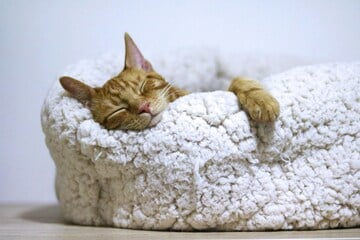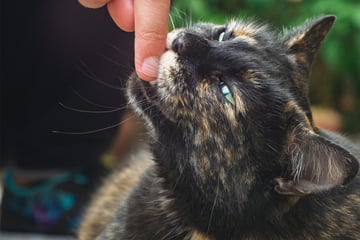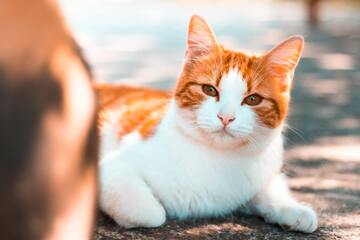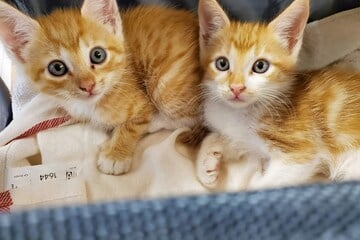What smells do cats hate?
When it comes to a cat's sense of smell, very few animals compare. These fluffy fellows can smell far more than we can, and from much further away as well. This does, however, come with its own setbacks.
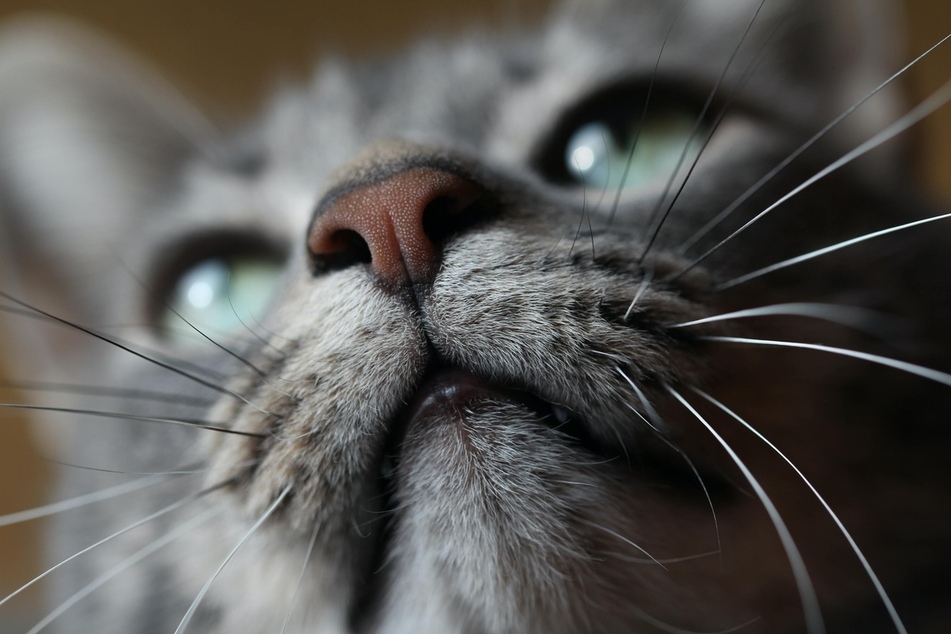
With about 60 million olfactory cells taking up space in your cat's nasal passage, it is far more capable than you are at navigating an environment via smell. Sadly, though, this powerful ability to smell stuff comes with its own set of problems - bad smells, for example, are far more potent. So what smells do cats hate, what smells should you always avoid having around the house?
What smells do cats dislike or hate?
When decorating your heavenly home, many like to sprinkle little bits and pieces here and there, spreading various smells and scents around the place to create a sweet and atmospheric feeling. Yet, to cats, many of these smells and, indeed, many standard household smells, can be incredibly unpleasant.
So what are these most hated of scents? What smells make cats angrier than an elephant, more skittish than a fox? These are the most hated smells in cat culture.
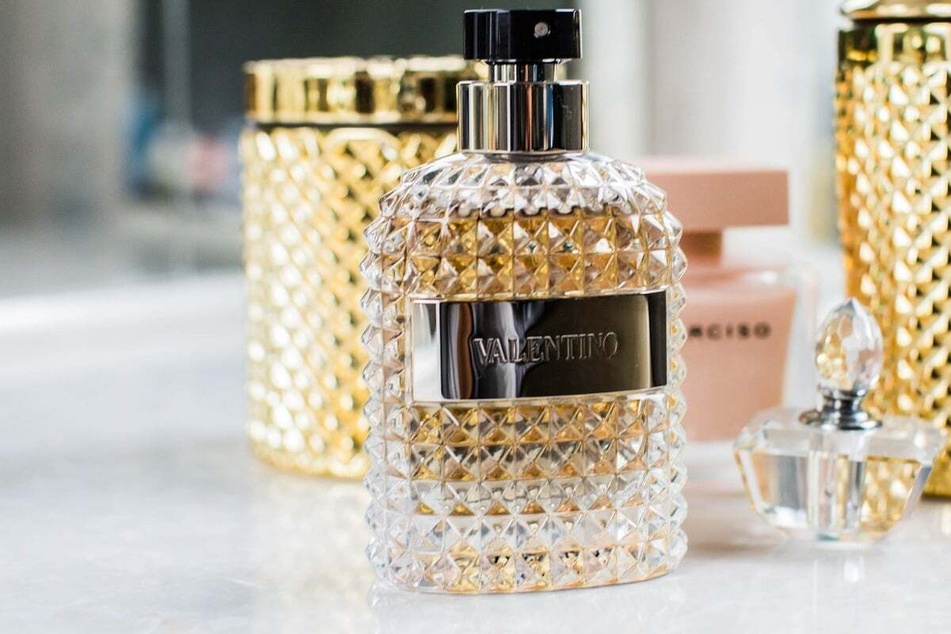
Perfumes
Cats will turn their noses up at particularly intense smells, and these extreme smells almost certainly include perfumes, household cleaners, and the essences which are used in aroma diffusers. While these might be pleasant and soothing to us, house cats sense them much more acutely.
As a result, the saying "less is more" certainly applies here. Of course, you must use household cleaners, but unscented cleaners are a much better option than those which smell of citrus, aloe vera, or the like. Alternatively, you could put your cat in another room while cleaning a space and wait until the smells dissipates, but this might not always be possible.
Citrus and vinegar

On the subject of cleaning products, many people are increasingly turning to environmentally friendly vinegar and lemon-based cleaners. Unfortunately, though, these aren't great for cats either, as they hate both the smell of citrus and the smell of vinegar. In fact, these smells make excellent repellents.
Essential oils and medicines

Balms and ointments are great for fighting a cold, but they aren't great for cats - in fact, they can be quite dangerous. Typically containing essential oils extracted from tea trees, peppermint, or eucalyptus, oils and medicines are an absolute no-go if you want to keep a cat's nose happy.
If you rub these products on yourself, you shouldn't be surprised that cats give you a wide berth. Cats aren't stupid and can tell when something is harmful, and seeing as many of these products are poisonous, it totally makes sense that they stay away.
Cigarettes

Smoking is bad for everyone. That doesn't just include yourself and those around you – it includes your pets too. The acrid cigarette smoke is not only unpleasant for the nose of your cat, but can also cause serious health damage.
Important warning: Constant exposure to second-hand smoke can also lead to nose cancer and lung cancer in cats. As a result, if you're a smoker, light your cigarette outside and shut the door. Don't smoke out the window, as smoke can always waft in and potentially harm your pets.
Various foods and spices

When it comes to kitchen smells, every cat reacts a little differently. Some house cats avoid the kitchen as soon as the chopping and sizzling begins, while others hang around for the cooking session and simply accept the various aromas floating around. Occasionally, cats will want to get involved and have a little taste.
Owners should show consideration and give their cat the opportunity to choose what they want to do, in case it wants to escape any unpleasant smells. Garlic and onions are particularly disliked by cats, and are also quite toxic. As a result, cats should not be exposed to smells they react negatively towards.
Various plants

In addition to perfumes, lemons, and garlic, there are also some plants whose scents are hated by cats. Plants hated by cats include lavender, curry leaves, spur flowers, and the so-called "scaredy-cat plant." The lemon bee brush, geraniums, and common rue are also unpopular with felines.
They all contain essential fragrances that both dogs and cats find very unpleasant. As a result, some people use these plants to keep cats away from certain areas such as flowerbeds or terraces. The risk comes when humans find the smells pleasant and start keeping them around the house. Such situations should be avoided as much as possible.
Unfamiliar smells
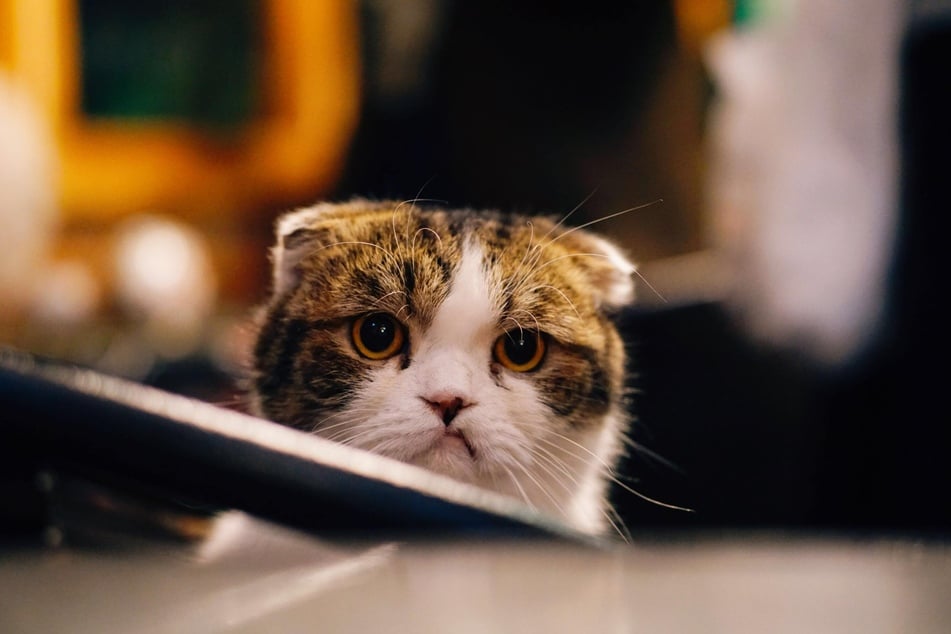
Cats are territorial creatures and they very much dislike detecting the scents of unfamiliar humans or animals within their territory. They will try to cover up these strange smells by rubbing themselves against objects or, sometimes, by pooping or peeing outside their litter box in protest.
If a cat's territorial behavior becomes too dominant, owners are encouraged to introduce their pet to boundaries. Preventing undesired reactions to foreign smells goes hand in hand with patience and empathy towards the cat.
Important: Cats have a vast variety of different smells that they dislike. When you find one, even if it isn't included in this list, make sure to keep it in mind and be careful not to introduce it too heavily into your household. Be respectful, it's really as simple as that.
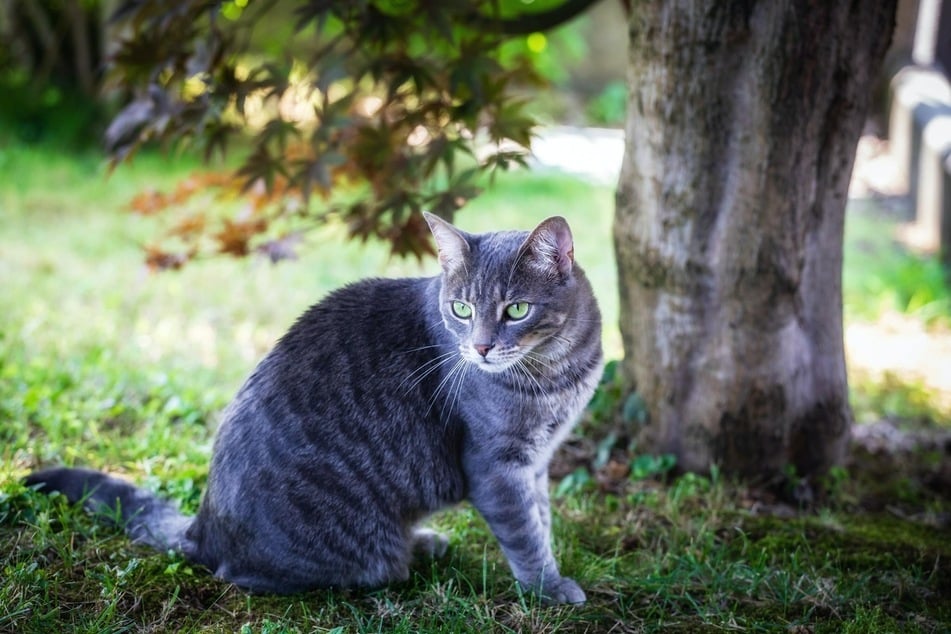
Cats hate some smells, so they make good repellents
People are always on the lookout for harmless ways to keep cats away from specific areas in their home or garden. These areas can include flower beds, sandboxes, the rooms of children, or specific pieces of furniture. This is perfectly okay as long as the tactics used are not harmful and pose no risk to anyone or anything.
If you are looking to keep cats away from your house and garden, try out a few of these harmless options:
- Plants: In your garden, plant garlic or lavender, or something similarly disliked, and cultivate it so that it grows big and gives off a strong smell.
- Mulch and soil: Grass clippings, bark mulch, or shredded autumn leaves, will generally keep cats away, because they find the smell unpleasant.
- For rooms or furniture: It's best to use lemon juice, onion water, or vinegar, to keep cats away. Mix any them with water and use a spray bottle to apply a few puffs in the places that the cat is supposed to avoid. Just be careful when spraying on sensitive surfaces, as the acids can leave ugly stains.
- Repellent oils: Get yourself some safe cat repellent peppermint oil, or something similar, to place around the place in little prefabricated balls.
- Automated systems: For those who truly dislike cats and want them kept away, a solar animal repellent can help reduce the risk of animal intrusions in general.
Cats hate a variety of smells and, as a result, find them quite unpleasant to be around. As a result, you should try to minimize their presence in your home and keep your cat as comfortable as can be.
Cover photo: Unsplash/Kevin Knezic
